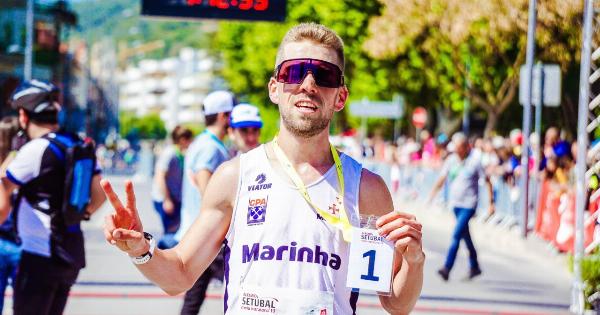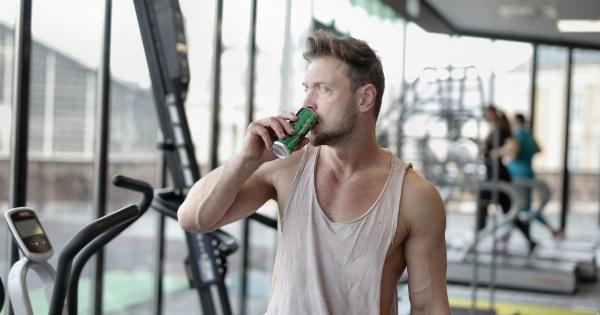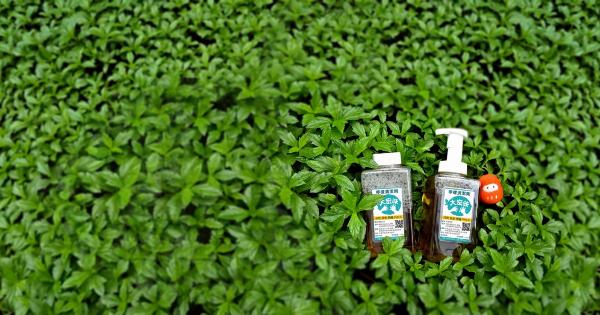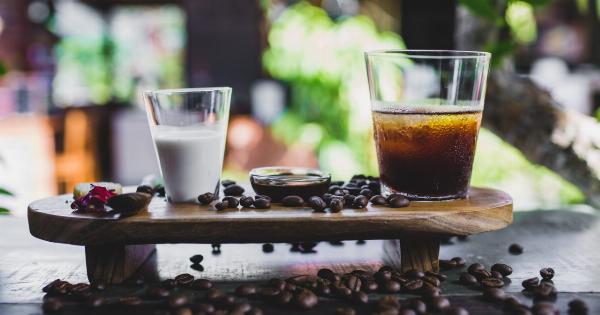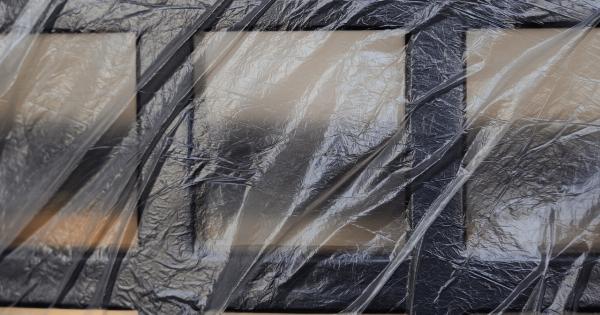Staying hydrated is crucial to maintaining good health, especially during hot weather when the risk of dehydration increases. Proper hydration helps regulate body temperature, aids in digestion, flushes out toxins, and supports overall bodily functions.
In this article, we will explore the importance of fortifying your body against heat through proper hydration and the best ways to stay hydrated.
Understanding the Dangers of Dehydration
Dehydration occurs when the body loses more fluids than it takes in, leading to an imbalance in the body’s electrolyte levels. This condition can have serious consequences on physical and mental performance, as well as overall well-being.
During hot weather, the body sweats in an attempt to cool down. Sweating helps regulate body temperature, but it also leads to fluid loss. If this fluid loss is not replenished adequately, dehydration can occur.
Common symptoms of dehydration include excessive thirst, dry mouth, fatigue, dizziness, confusion, and headaches.
Hydration for Optimal Performance
Hydration plays a significant role in maximizing physical performance and endurance, whether you’re an athlete or simply engaging in daily activities.
When the body is adequately hydrated, it can maintain optimal cardiovascular function, temperature regulation, and nutrient absorption.
Proper hydration allows muscles to work efficiently and helps prevent muscle cramps. Additionally, it ensures adequate joint lubrication, reducing the risk of injuries during physical activity.
For athletes, dehydration can significantly impair performance and increase the risk of heat-related illnesses.
Optimizing Hydration Levels
To fortify your body against heat, it’s crucial to optimize your hydration levels. Here are some strategies to ensure adequate hydration:.
1. Drink Plenty of Water
The simplest and most effective way to stay hydrated is by drinking plenty of water throughout the day. Carry a water bottle with you and sip on water consistently to maintain hydration levels.
Aim for at least eight 8-ounce glasses of water per day, but increase your intake during hot weather or intense physical activity.
2. Include Hydrating Foods in Your Diet
Many fruits and vegetables have high water content and can contribute to your daily hydration goals. Incorporate hydrating foods like watermelon, cucumbers, oranges, strawberries, and celery into your diet.
These foods not only provide essential nutrients but also contribute to your overall hydration.
3. Avoid Excessive Alcohol and Caffeine
Alcohol and caffeine are diuretics, meaning they increase urine production and can contribute to dehydration. Limit your consumption of coffee, tea, and alcoholic beverages, as they can deplete your body’s water levels.
If you do consume these beverages, make sure to balance them with extra water intake.
4. Set Hydration Reminders
In our busy lives, it’s easy to forget to drink enough water. Set reminders on your phone or computer to prompt you to hydrate regularly. This can help establish a consistent hydration routine and prevent dehydration.
5. Monitor Your Urine Color
One simple way to assess your hydration levels is by monitoring the color of your urine. Ideally, your urine should be light yellow or clear. Dark yellow urine is a sign of dehydration, indicating that you need to drink more water.
6. Hydrate Before, During, and After Exercise
When engaging in physical activity, it’s crucial to hydrate properly. Drink water before, during, and after your workout to replenish fluids lost through sweat.
Aim to drink approximately 20 ounces of water an hour before exercise and 7-10 ounces every 10-20 minutes during exercise.
7. Consider Electrolyte Replenishment
Electrolytes are essential minerals, including sodium, potassium, magnesium, and calcium, which play a vital role in maintaining fluid balance in the body.
During intense exercise or prolonged exposure to heat, consider consuming electrolyte-rich beverages or sports drinks to replace the electrolytes lost through sweat.
8. Be Mindful of Heat-Related Illnesses
Heat-related illnesses, such as heat exhaustion or heatstroke, can occur when the body is unable to regulate its temperature properly. Proper hydration is one of the keys to preventing these conditions.
Additionally, avoid exerting yourself during the hottest parts of the day, wear lightweight and breathable clothing, and seek shade when possible.
9. Use Hydration Apps and Tools
There are numerous smartphone apps and wearable devices available to help monitor and track your hydration levels.
These tools can provide reminders, track your water intake, and even estimate how much water you need based on factors like age, weight, and activity level. Consider using these resources to help you stay on top of your hydration game.
10. Listen to Your Body
Lastly, always listen to your body’s signals and cues. Thirst is an obvious indicator that you need to drink water, but other signs like dry mouth, fatigue, or lightheadedness may also signal dehydration.
Pay attention to any symptoms and act promptly by hydrating yourself.
Fortifying your body against heat with proper hydration is vital for overall health and well-being.
By following these strategies and incorporating them into your daily routine, you can maintain optimal hydration levels and protect yourself from the risks of dehydration during hot weather.


